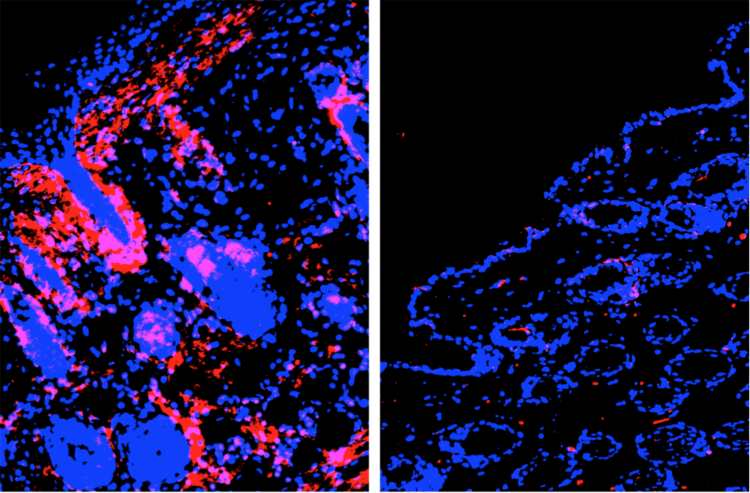
Scientists from Trinity College Dublin have made an important breakthrough in understanding how inflammation is regulated. They have just discovered that a key immune alarm protein previously believed to calm down the immune response actually does the opposite.
Their work has numerous potential impacts, especially in the context of understanding and responding to autoimmune disorders and inflammation.
While our immune system serves a very important function protecting us from infection and injury, when immune responses become too aggressive this can lead to damaging inflammation, which occurs in conditions such as rheumatoid arthritis and psoriasis...
Read More








Recent Comments